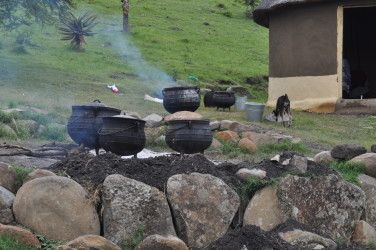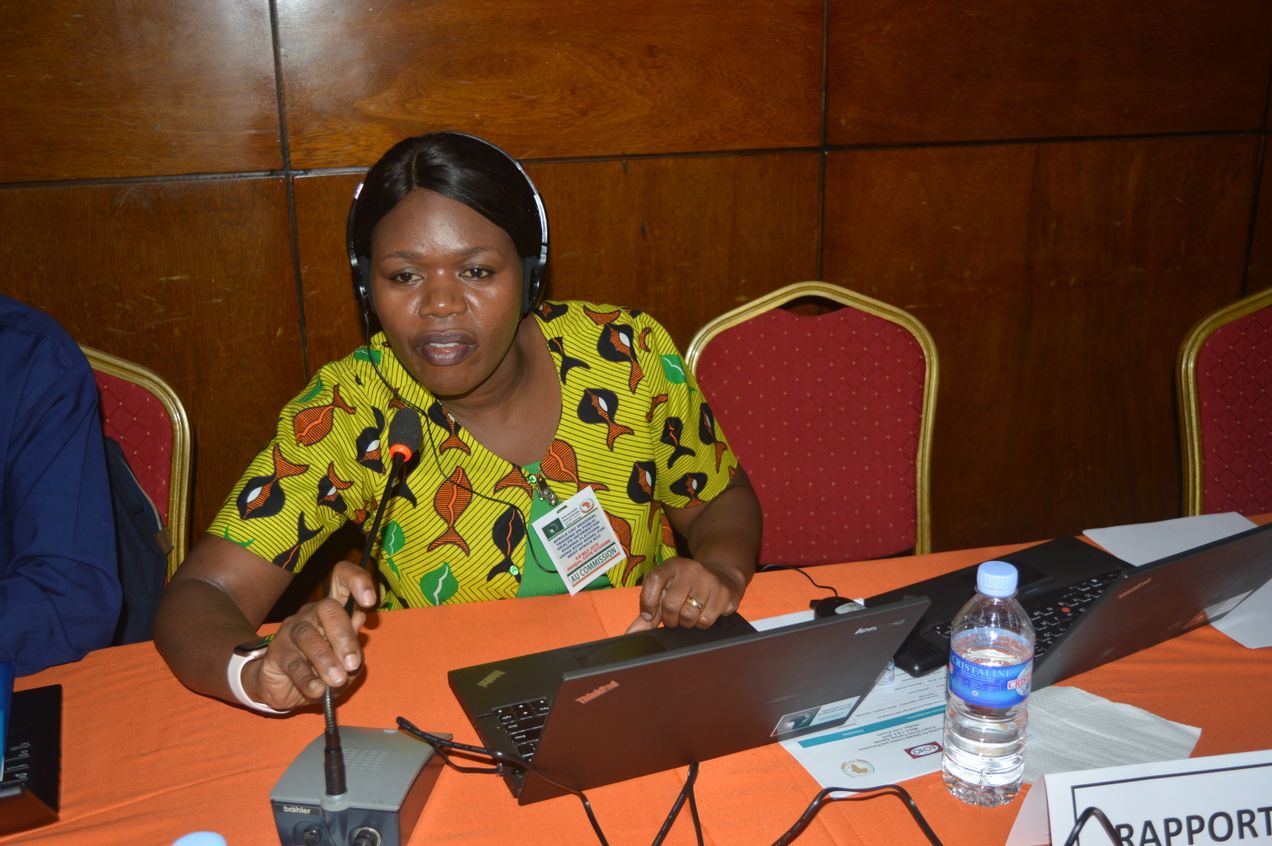
When Language Beckons
Poetry, tradition and pride: Nadia Kamies on learning isiXhosa and escaping limiting constructs of race.
The idea of soon being immersed in Nqileni, a rural Xhosa village overlooking the Indian Ocean, without internet connection, sounds like the perfect antidote to a very challenging year. Months ago, when we went into a national lockdown because of Covid-19, learning to bake bread in a three-legged pot over a fire while chatting in isiXhosa, would have been akin to hallucinating. Now it’s tantalisingly possible and, finally learning to converse in the second most spoken language in my country, is a poetic way to laugh in the face of the adversity that has come to characterise 2020.
I’ve attempted to learn isiXhosa, but ended up frustrated by instructors who taught me little more than how to ask petrol station attendants to fill my car
I learnt rudimentary Xhosa working as an occupational therapist at a children’s hospital in Cape Town, South Africa. It was the mid-80s, and racial classification governed every aspect of South-African life. A Xhosa teacher was employed by the hospital to teach long-term patients, mostly black, and offer language lessons to staff to help us better communicate with the children and their families. However, when I started working at a school where only Afrikaans and English were spoken, I no longer needed to introduce myself in isiXhosa, or make enquiries like: How did you burn? Where does it hurt? And because the apartheid government had perfected the process of keeping the races separate, without realising, I’d transferred myself from one racial box to another in an almost schizophrenic-like fashion.

Although my father’s family spoke Afrikaans, a language negatively associated with the oppressive apartheid government, my mother-tongue is English. In that segregated world, English and Afrikaans were the only language options available to me as none of South Africa’s indigenous languages were offered at the schools I attended. What’s more, learning the language of a people restricted from visiting your neighbourhood and vice versa proved unnecessary.
I am part of a multilingual society and no longer have to fit neatly into the artificially constructed boxes of race, sex, or language.
Since the fall of apartheid, however, I’ve attempted to learn isiXhosa, but ended up frustrated by instructors who taught me little more than how to ask petrol station attendants to fill my car, a reflection of South Africa’s racial and economic inequality. In the interim, I considered learning Spanish or French, but a voice niggled in the back of my head, questioning my values as an activist and finally prompted me to try out another course in IsiXhosa at the start of 2020.
Then the pandemic broke out.
My first class had been scheduled to start on the fourth day of a national lockdown that found us confined to our homes for three weeks. We had the option of distance learning but my old brain resisted the transition. Surely, it is better to learn a language face-to-face, I reasoned, waiting for lockdown to end so I could enroll for the course in person.
But it didn’t and, confined to my home, isiXhosa beckoned like a lifeline. Before long, I registered for the online language class. Eight lessons led to another eight as my tongue learned to navigate the unfamiliar clicks and my brain became accustomed to learning virtually. What’s more, I found my circle opening up to encompass traditions I knew little of and felt a growing sense of pride in my ability to grasp another language. Every time I say, Uxolo ndisafunda ukuthetha (sorry, I’m still learning), I realise I am part of a multilingual society and no longer have to fit neatly into the artificially constructed boxes of race, sex, or language.
Soon the circle will extend to the Wild Coast in South Africa’s Eastern Cape Province, where 80 percent of the population speaks isiXhosa. I intend to improve my language skills by immersing myself in the culture of a people characterised by resilience and the simple practice of connecting to each other in a spirit of humanity. However, uncertainty hovers over my plans as the virus reasserts itself not only globally and the Eastern Cape Province reels from a spike in covid-19 cases. If I have learned anything from the pandemic, it is the ability to adapt to constant changes caused by the restrictions. And as I make travel arrangements which may have to be put on hold, I remind myself to let go of the need to be perfect.

